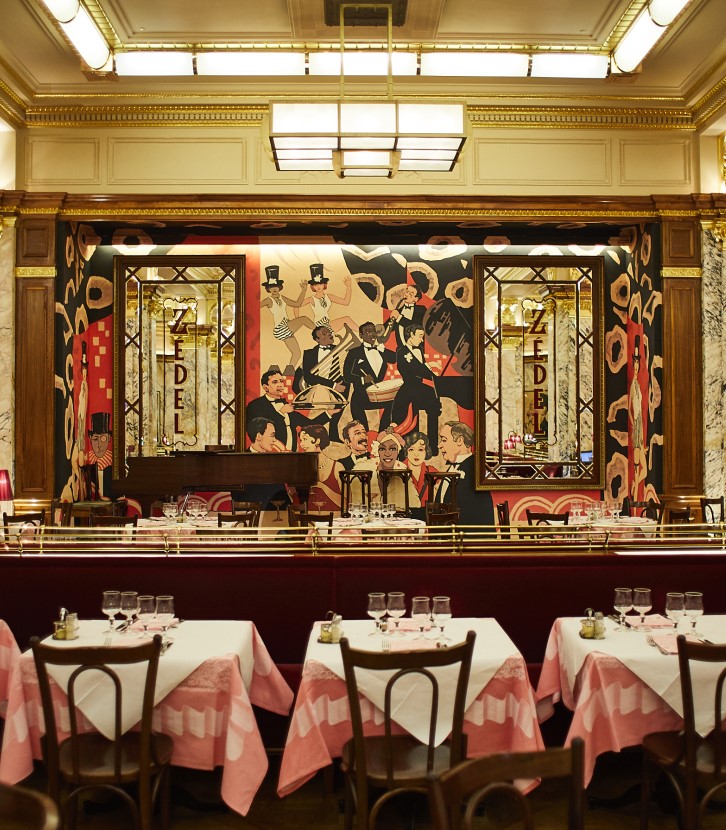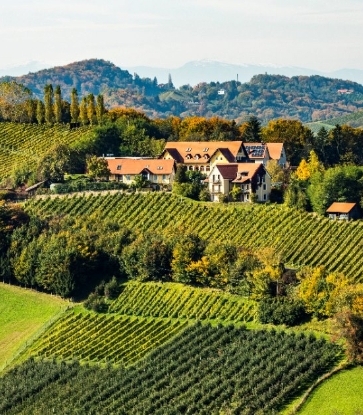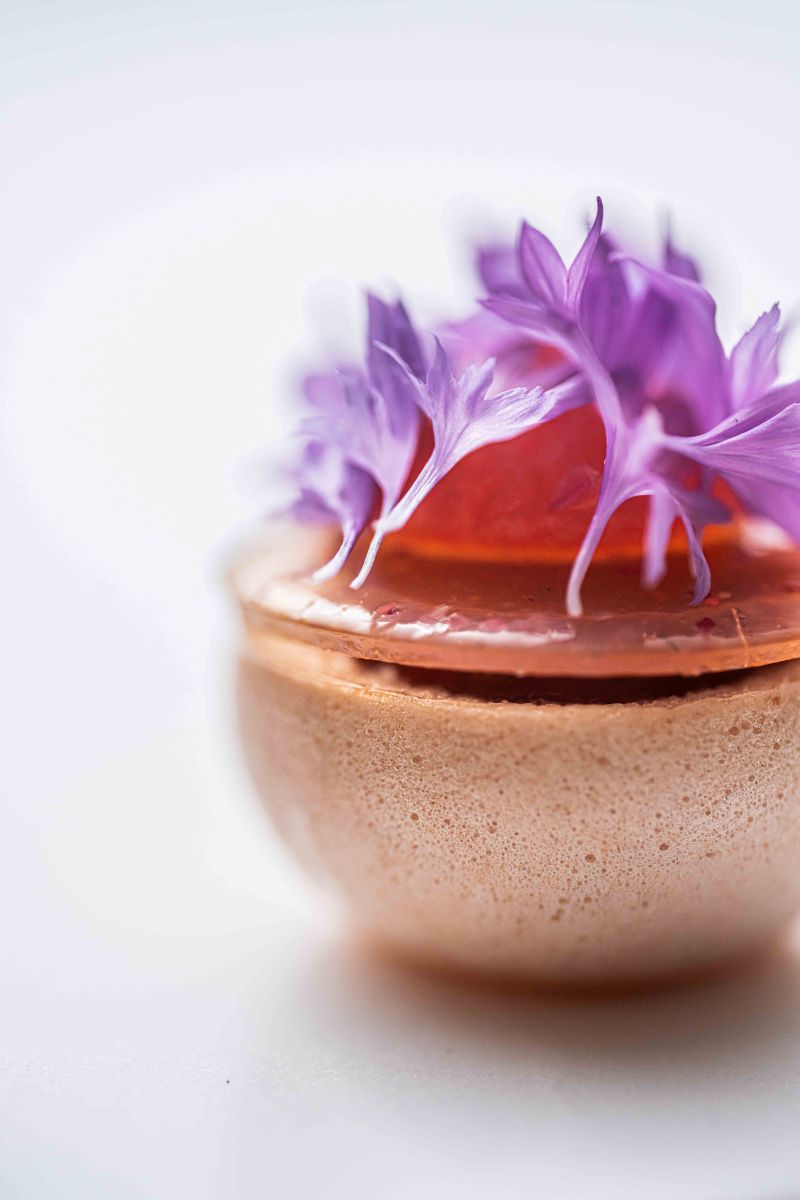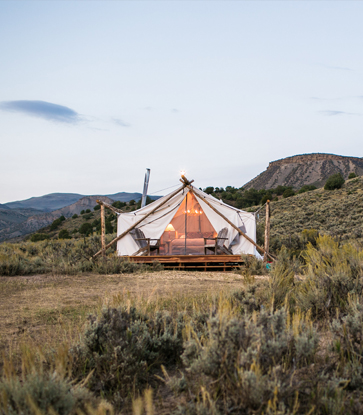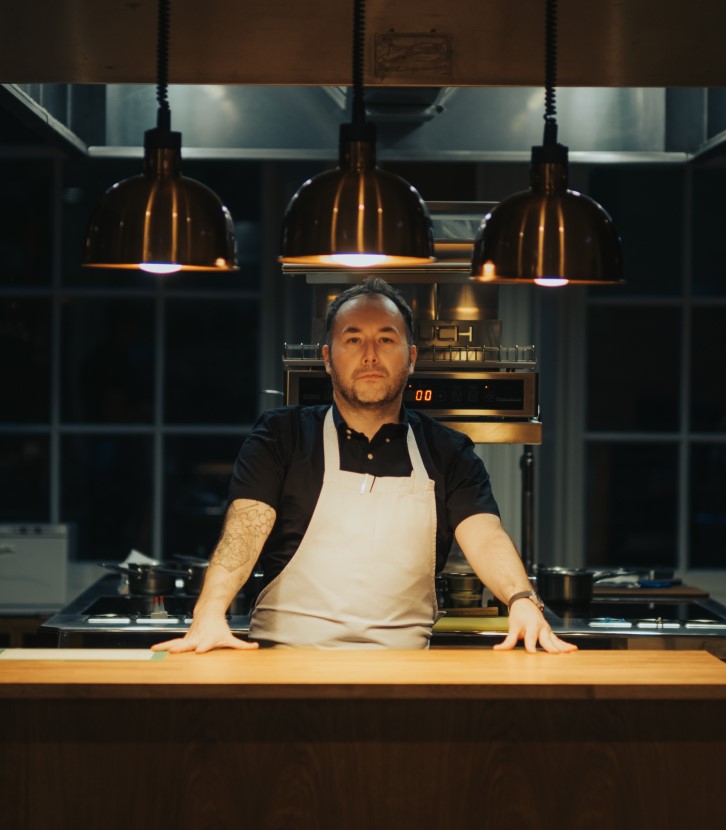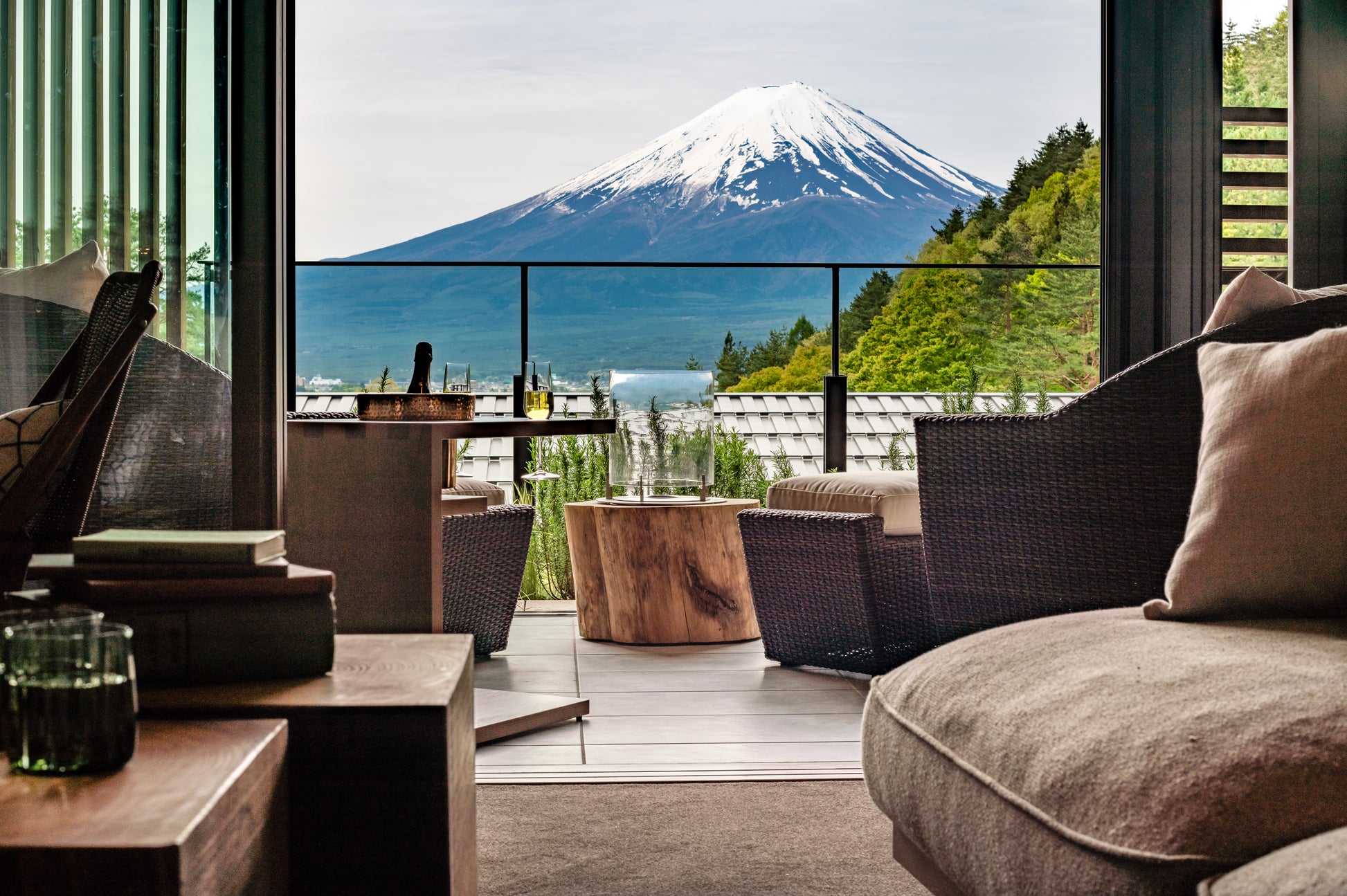The seeds of the Slow Food movement began to sprout in Italy in March 1986. Protests against fast food culture and harmful modern habits became the driving force behind a gastronomic change that is more popular today than ever before. The fight against haste and urgency brought (and continues to bring) chefs and diners alike back to enjoying slow, homemade meals, cooked using local produce from transparent supply chains. This movement was created to champion knowledge, flavour and time spent together around a table. However, today's green movement goes much further.
Sustainability in gastronomy is one of the key focal points of the modern MICHELIN Guide selection and many restaurants are dedicating more and more time to this topic. In Spain, one of the regions that stands out in this endeavor is Catalonia, which has ties to the Slow Food movement. Local ingredients from their own vegetable gardens or small suppliers, water and energy savings, minimizing the use of single-use plastics, regenerative livestock farming, and using up food scraps are just some of the key initiatives that have led several restaurants in this region to obtain a MICHELIN Green Star. Here, we present a tour through some of the top Slow Food restaurants in Catalonia.
360º Sustainability

Sustainability is at the core of Les Cols, the restaurant where Chef Fina Puigdevall, together with her three daughters (Clara, Martina, and Carlota) and her husband Manel Puigvert, have created a culinary project based on the seasonality of local produce. Yet using ingredients from the volcanic region of La Garrotxa is just the beginning of this natural, sustainable approach to gastronomy. To establish a concept devoted to protecting the environment, the team have been working for years in their own vegetable garden, where they grow seeds native to the region, such as buckwheat or corn; they also receive ingredients from nearby suppliers and take care of their own animals, such as chickens and sheep. In addition, during their visit to the restaurant, diners can explore the vegetable garden, located in Vall de Bianya, under Casa Horitzó, where the research and development department of Les Cols is also found.
A Thought for the Earth

A universe of dreams is what the restaurant El Celler de Can Roca has created, while being another great Catalonian example that haute cuisine can also respect the environment. In this temple of Spanish (and global) cuisine, the three brothers Joan, Josep, and Jordi have been working for years with one eye on sustainability without losing sight of their main objective: to satisfy diners through taste, sight and all other senses. This work stems from the family's long gastronomic ethos that puts an emphasis on the slow, calm, meticulous, and careful elaboration of dishes. This philosophy has been coupled over time with a concern for sustainability, the challenges of climate change, and the quest to raise awareness.
This way of thinking led the brothers to start their own vegetable garden some years ago, to work with local producers, and to create their botanical project Tierra Animada in 2013, where they research and catalog the great diversity of wild plants in their environment. Many more initiatives have followed: Roca Recicla, a zero-waste project that aims to transform bottles, packaging, wooden boxes, and plastics into new objects such as glasses, aprons or plates; Casa Cacao, a bean-to-bar chocolate shop that collaborates with small cocoa producers; the Mas Marroch vegetable garden; and Esperit Roca, a brand of spirits made from local herbs and botanicals.
Eating the Environment

Its restoration of an old flour mill says a lot about the philosophy of the work carried out in the restaurant L'Antic Molí. Focused today on the culture of local produce (epitomized by the KM0 movement that promotes minimal food miles), Chef Vicente Guimerà has become his region's representative of Slow Food cuisine. He has been a member of the Slow Food and KM0 movements since 2016, and every element of his gastronomic proposal is designed with the environment in mind. That's why Vicente's garden is the basis of his cuisine, where through his dishes the essence of the area is reflected. In addition, he is well-known for working during the months of February and March with the mantis shrimp, a Mediterranean crustacean that until relatively recently was maligned and to which he dedicates an exclusive tasting menu during the season.
Cooking the Environment

Ecological, seasonal, traditional, and innovative: this is how we'd define the cooking at Emporium, a restaurant located in the hotel of the same name in Castelló d'Empúries, in Alt Empordà. Its cuisine, inspired by the mountains and the sea, gives rise to two tasting menus where the aim is to highlight the flavors of Empordà produce through the eyes of twin brothers Màrius and Joan Jordà, who alternate roles between the stoves and the dining room. Their dishes try not only to deliver a delicious and environmentally-friendly cuisine, but also to reflect in each recipe the local ingredients and the natural landscape of Alt Empordà. All of this is perfectly illustrated in their menus, where they list the origin of each of their products, such as: organic and biodynamic fruits, vegetables, and roots from Torroella de Fluvià and Pau; fish and seafood from the Roses fish market; free-range eggs from Vernar de Baix; or cereals, flours, and rice from Castelló d'Empúries, to mention just a few.
Sustainable Hospitality

To see sustainability that stretches beyond the dining room, look no further than Can Mascort Eco Hotel, an environmentally friendly accommodation option on the Costa Brava which holds a MICHELIN Key and is located in a refurbished 17th-century building in the center of the medieval town of Palafrugell. Without sacrificing comfort, the hotel was designed with sustainability in mind from the moment the floor plan was drawn, being built only with local natural materials and engineered to harness as much natural light as possible to minimize energy use. This care for the environment extends to the rest of the hotel, from its decoration to its gastronomy and wellness. Its food options are focused on healthy eating, with a strong emphasis on vegetables and local proteins. They also have their own eco-pharmacy where you can purchase organic beauty products made in the region.
These are just some of the examples of environmentally friendly restaurants and hotels in the Autonomous Community of Catalonia. Fortunately, more and more initiatives like these are taking shape across this region and throughout Spain.
Hero Image: © L’Antic Molí



